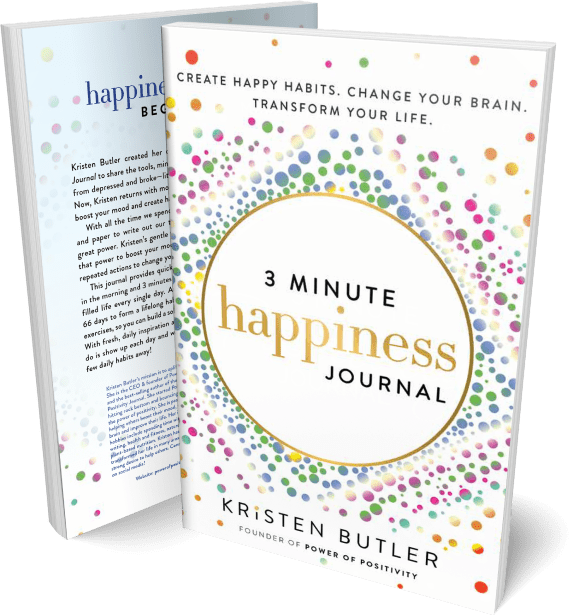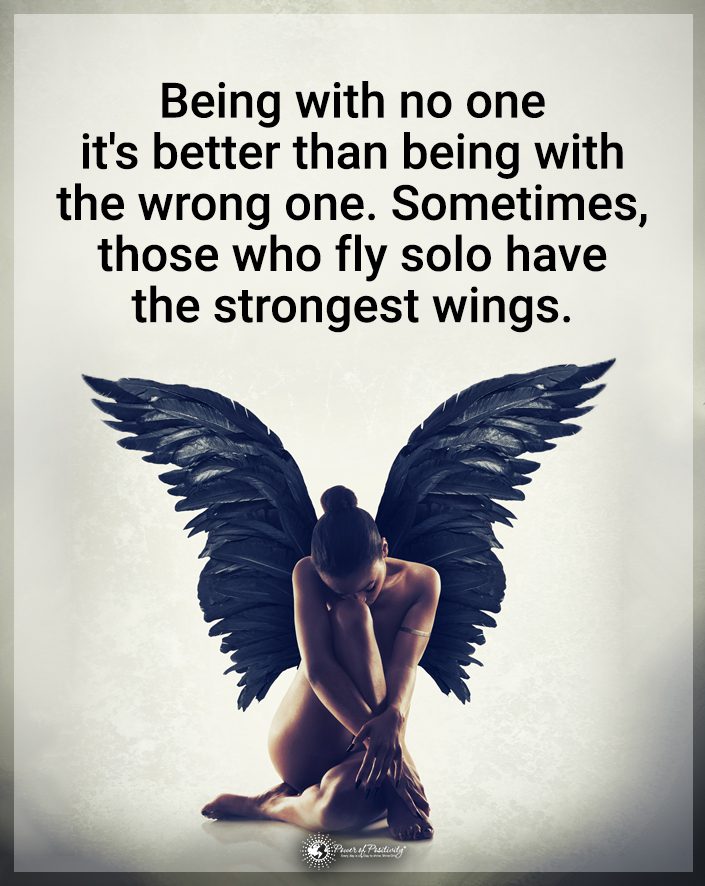Here are key signs of a spiritual awakening.
Becoming spiritually awake is an idea gaining momentum and attracting attention for its huge impact on one’s well-being. But what exactly is spiritual awakening? At its core, it’s a profound shift in consciousness. It opens the mind to a deeper understanding of one’s existence and connection to the universe.
What’s intriguing is how those on the path of spiritual awakening often exhibit behaviors and habits without even realizing it. These behaviors are not just random acts. Instead, they reflect significant inner growth and transformation. Imagine a flower blooming in slow motion—this is what spiritual awakening looks like in day-to-day life.
Have you ever wondered if you might be experiencing this transformative journey yourself? You could manifest signs of growing more spiritually awake without even being aware. This article explores these unconscious behaviors and how they contribute to personal growth and spiritual enlightenment.
11 Things a Spiritually Awake Person May Do
Let’s dive in and discover if you’re showing signs of spiritual awakening without even knowing it!

1 – A Spiritually Awake Person Seeks Solitude for Inner Growth
One of the most common characteristics of spiritually awake individuals is their embrace of solitude. Far from being an act of isolation, seeking solitude is a conscious or unconscious choice for inner growth and reflection. These individuals find the space to connect deeply with themselves in the silence and stillness away from the world’s noise.
The benefits of solitude are profound. In these moments of solitude, one can truly listen to one’s inner voice. They crave time away from the distractions and influences of external environments. This practice is not about loneliness. Rather, it means finding peace and clarity within oneself. In a world that constantly pushes for connectivity and social interaction, the ability to be alone and content in that aloneness is a sign of spiritual maturity and self-awareness.
2 – A Spiritual Awakening Brings Mindfulness to Daily Life
Another sign of spiritual awakening is the practice of mindfulness in daily life. Mindfulness, the act of being fully present and engaged in the current moment, becomes an integral part of the spiritually awakened person’s routine, often without them even realizing it. It isn’t just about sitting in meditation; it’s about bringing mindful awareness to all aspects of daily life.
Incorporating mindfulness into everyday activities leads to a deeper connection with the present moment. Whether eating, walking, or even during conversations, mindfulness allows individuals to experience life more fully, with greater appreciation and attentiveness. This heightened awareness brings peace of mind and fosters a deep connection to the world and its people. For the spiritually awake, life is no longer lived on autopilot; each moment is an opportunity for presence and awareness.
3 – Becoming Spiritually Awake Means Displaying More Empathy
One of the most beautiful aspects of spiritual awakening is the natural development of deep empathy towards others. Spiritually awake individuals tend to feel a strong sense of connection with those around them, often experiencing a heightened ability to understand and share the feelings of others. This empathy isn’t just a passive emotional response; it’s an active engagement with the emotional states of others.
The impact of such empathy is far-reaching. It builds stronger, more compassionate relationships and fosters a sense of community. In understanding the joys and struggles of others, spiritually awake people often find themselves involved in acts of kindness. Their empathy drives them to change their communities positively, leading to a more harmonious and understanding world. Their empathy is a personal trait and a catalyst for communal healing and unity.
4 – Spiritual Awakenings Mean Prioritizing Personal Integrity
For those undergoing a spiritual awakening, personal integrity becomes a cornerstone of their existence. That isn’t about rigid moralism or a dogmatic approach to right and wrong. Instead, it’s about an unconscious alignment of one’s actions with their core values and beliefs. In this sense, integrity is about being true to oneself and consistently living out one’s truth.
Integrity is pivotal in spiritual and personal development. It means making choices that resonate with one’s inner beliefs, even when these choices are challenging or unpopular. Such alignment brings a sense of harmony and authenticity to life, reducing internal conflict and promoting a sense of peace. When actions and values are in sync, life has a greater sense of purpose and direction, a sign of spiritual maturity.
5 – Spiritually Awake People Long for Deeper Connections
The journey of spiritual awakening often leads to a preference for deeper, more meaningful connections over superficial interactions. Those on this path seek relationships with emotional depth, intellectual stimulation, and genuine affection. This shift is not just about preference but reflects a deeper understanding and appreciation of the self and others.
These deeper connections are more than just fulfilling; they’re essential for continued growth and understanding. Through meaningful relationships, individuals exchange ideas, provide support, and challenge each other to grow. This search for connection depth is a sign of a spiritually awakened individual’s desire to understand the complexities of the human experience and forge bonds that transcend surface-level interactions.
6 – Spiritual Awakening Understands the Significance of Intuition
Intuition plays a significant role in the lives of spiritually awake individuals. Often, they find themselves guided by a deep, internal sense that helps steer their decisions and choices. This intuition is more than just a gut feeling; it’s an inner wisdom that comes from a deep connection to oneself and the universe.
The role of intuition in spiritual awakening is profound. It is a compass that helps one navigate life’s challenges and opportunities. For those spiritually awake, intuition often leads to choices that align with their true path, even if they defy conventional logic. This acknowledgment of intuition is not just about making decisions; it’s about trusting in a higher process and believing in the interconnectedness of all things. By tuning into this inner voice, spiritually awake individuals often find themselves on a path uniquely suited for their personal and spiritual growth.

7 – Spiritually Awake People Have Resilience in Adversity
A profound characteristic of spiritually awake people is their resilience in adversity. This resilience is not just about enduring tough times; it’s about maintaining a positive outlook and finding growth and meaning in challenges. Spiritually awake individuals often have an innate ability to see beyond the immediate hardships and view difficulties as opportunities for personal and spiritual growth.
This resilience is a vital component of their journey. It’s about understanding that adversity is a part of life and that enduring and learning from these challenges can lead to profound personal transformation. Resilience in this context is not just surviving but thriving, using the lessons learned from difficult experiences to grow stronger and more self-aware. This approach to life’s challenges indicates spiritual maturity and a deepened understanding of the nature of existence.
8 – A Spiritual Awakening Means Expressing Gratitude Regularly
Gratitude is a key habit often unconsciously adopted by spiritually awakened people. It’s not just about saying ‘thank you’; it’s about a deep-seated appreciation for both the big and small things in life. Spiritually awake individuals often have an innate sense of thankfulness that permeates their daily existence, recognizing the value and blessing in every positive or negative experience.
The psychological and spiritual benefits of this kind of gratitude are immense. Regular expressions of gratitude are linked to increased happiness, reduced anxiety and depression, and overall better mental health. On a spiritual level, gratitude opens the heart, fosters a sense of abundance, and creates a deeper connection to life. This ongoing appreciation for life’s experiences, no matter how trivial they seem, is a sign of a deeply grounded and spiritually enriched individual.
9 – Spiritually Awake People Practice Non-Attachment
Non-attachment is a concept often embraced by spiritually awake individuals, albeit sometimes unconsciously. Non-attachment does not mean detachment or lack of care; rather, it’s about not allowing possessions, people, or experiences to control one’s inner peace and happiness. This practice is about understanding the transient nature of life and finding peace and fulfillment within oneself rather than in external conditions.
The impact of non-attachment on inner peace and freedom is profound. By practicing non-attachment, individuals free themselves from the constant pursuit of external validation and satisfaction, which can often be sources of stress and unhappiness. It doesn’t mean they don’t value or enjoy life’s pleasures; instead, they don’t depend on these for their happiness. This approach allows for a more balanced and peaceful existence, where one’s sense of well-being isn’t constantly at the mercy of external circumstances.
10 – Spiritually Awake People Have Deep Respect for Nature
Individuals who experience spiritual awakening have only love and respect for nature. This respect is more than an appreciation for natural beauty; it’s an understanding of the deep interconnectedness between themselves and the natural world. They often feel a kinship with nature, recognizing it as an integral part of their existence and a mirror to their inner being.
This connection to nature often reflects a broader understanding of life and existence. It fosters a sense of oneness with the world, an understanding that everything is interconnected and interdependent. This awareness leads to a more sustainable and considerate approach to life, where actions are taken with consideration for their impact on the natural world. The deep respect for nature is a testament to the spiritually awake individual’s understanding of the delicate balance of life and their role within this vast, interconnected system.
11 – Spiritually Awake People Crave Continuous Growth
A key aspect of spiritual awakening is the ongoing process of self-reflection and the pursuit of personal and spiritual growth. This journey is characterized by constantly exploring one’s thoughts, beliefs, and actions and committing to evolving and bettering oneself. Spiritually awake individuals often engage in continuous learning, growing, and transforming.
This journey of self-reflection and growth is never-ending and constantly evolving. It’s not about reaching a final destination but about the journey itself. Pursuing personal and spiritual development is a lifelong commitment that involves questioning, exploring, and constantly seeking a deeper understanding of oneself and the world. This process reflects a deep-seated desire to live authentically and purposefully, continually striving to align one’s life with one’s spiritual values.

Final Thoughts on the Signs of Spiritually Awake People
The journey of spiritual awakening is a profound and transformational experience marked by distinct traits and behaviors. From embracing solitude and mindfulness to exhibiting empathy, prioritizing personal integrity, seeking deeper connections, trusting intuition, showing resilience, expressing gratitude, practicing non-attachment, respecting nature, and committing to continuous self-reflection and growth, these traits indicate a deep inner transformation.
As you reflect on these traits, consider how they might manifest. Are you on a path of spiritual awakening, perhaps without even realizing it? Remember, this journey is deeply personal and unique to each individual. It’s not about perfection but about progress and growth.
May this exploration inspire you to delve deeper into your journey of self-discovery and spiritual awakening. Embrace the experience, for it is in the process of becoming that we find our true selves and place in the interconnected web of life.


















